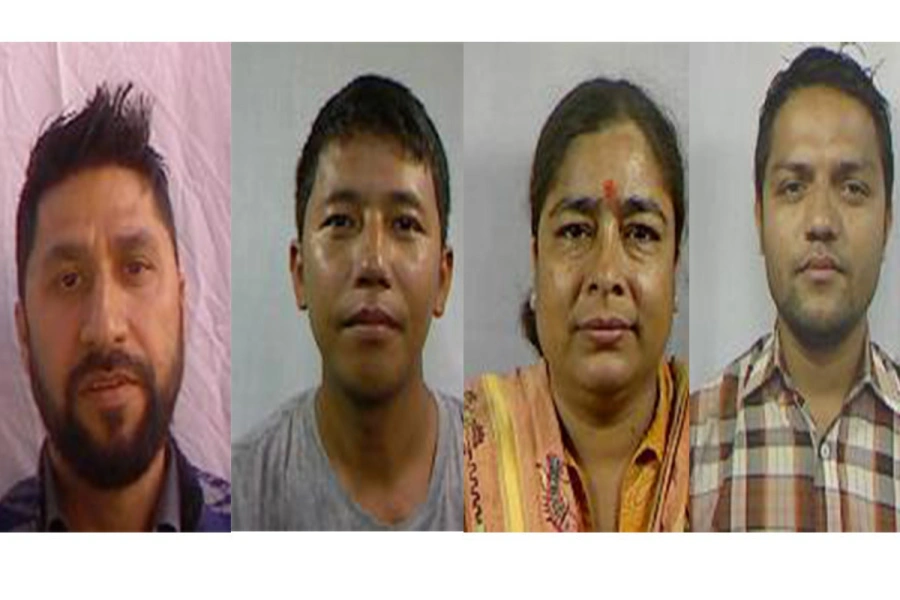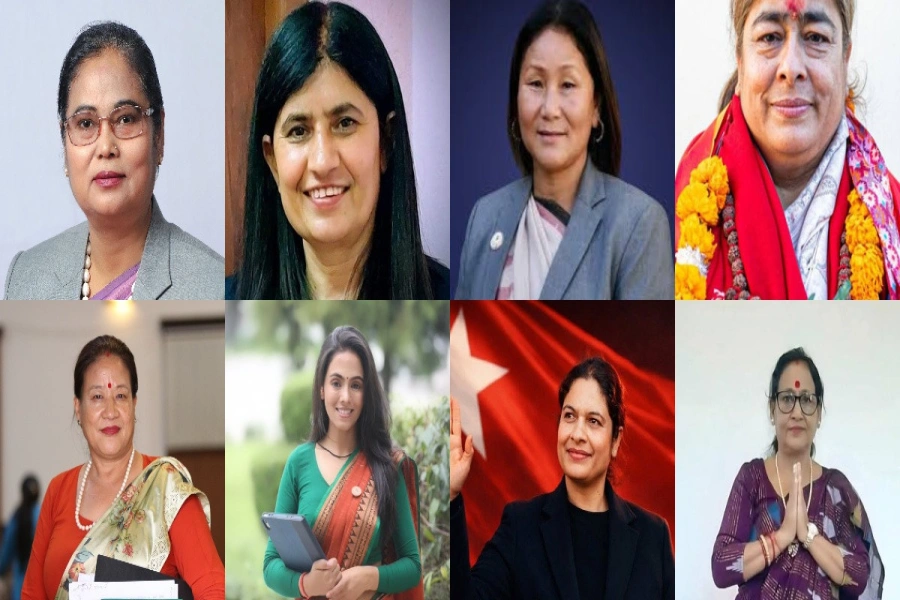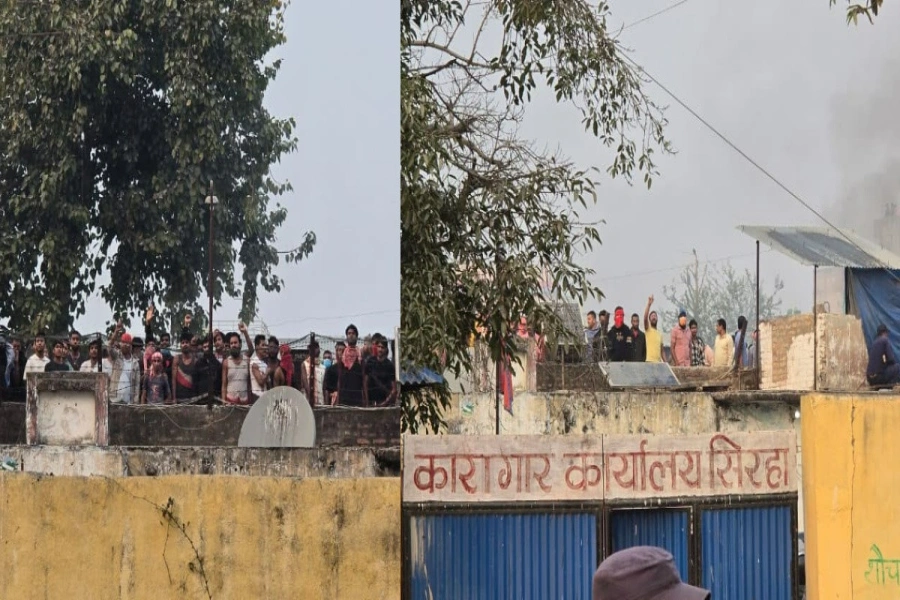Even after the formation of provincial assemblies in all seven provinces and formation of governments there, Nepal’s federal journey has not been a smooth ride. As a matter of fact, there is growing grievances among chief ministers, ministers and lawmakers of provincial assemblies that federal government has been treating them as mere subordinates with no specific roles and responsibilities. There is also a growing concern that tendency of the federal government to centralize resources and power in Kathmandu is making provincial governments toothless. Some make even stronger claims: Provincial governments are of no use, they might as well be dissolved. Political class needs to dispel such fears and apprehensions by working to ensure that Nepal’s federal journey is not beset with bumps and hurdles. In this context, it’s a positive development that the first Inter-Province Council meeting took place in Kathmandu, where chief ministers voiced their concerns and asked Prime Minister K P Sharma Oli to do the needful to equip provincial governments with resources—human and material—and legislations that will be required.
RSP ministers vacate quarters despite continued support for gov...
_20230226123652.jpg)
Chief ministers have basically complained of three hurdles. Their first complaint is that federal government has not brought necessary legislations on time, which has hampered their day to day work. The Federal Civil Service Act and Federal Police Act have not been introduced yet. Besides, provincial governments are also facing human resources problems. As things stand, the government has not been able to send officials in required number in provincial offices. And then there is lack of adequate budget allocation and formation of a natural resource commission. Yes, it takes time to resolve all these issues. For we are yet to appoint the key officials in National Natural Resources and Fiscal Commission—the constitutional body established with the objective to ensure just and equitable distribution of natural and fiscal resources among federal, provincial and local governments—and make it functioning. This has resulted in a number of anomalies related to taxation and revenue collection. Besides, it will also take time to formulate all the laws and manage human resources as per the need.
But given the will and commitment of ruling Nepal Communist Party—which is at the helm of the government in all provinces except Province 2 and which enjoys two-thirds majority support in the federal parliament—this should not be a big deal. If Inter-Province Council had been convened on time leaders would probably have been able to find solutions to these problems. The constitution has conferred specific powers to the provinces. Mechanisms should be created to facilitate them to exercise the powers granted by the constitution. Federal government should heed all the legitimate concerns of chief ministers and address them. The duty of making federal set up functioning lies squarely on K P Sharma Oli’s government—the first federal government elected mainly to implement the constitution and make people feel presence of federal, provincial and local governments. We sincerely hope the first inter-provincial meeting in Kathmandu will make some concrete contribution toward this direction.





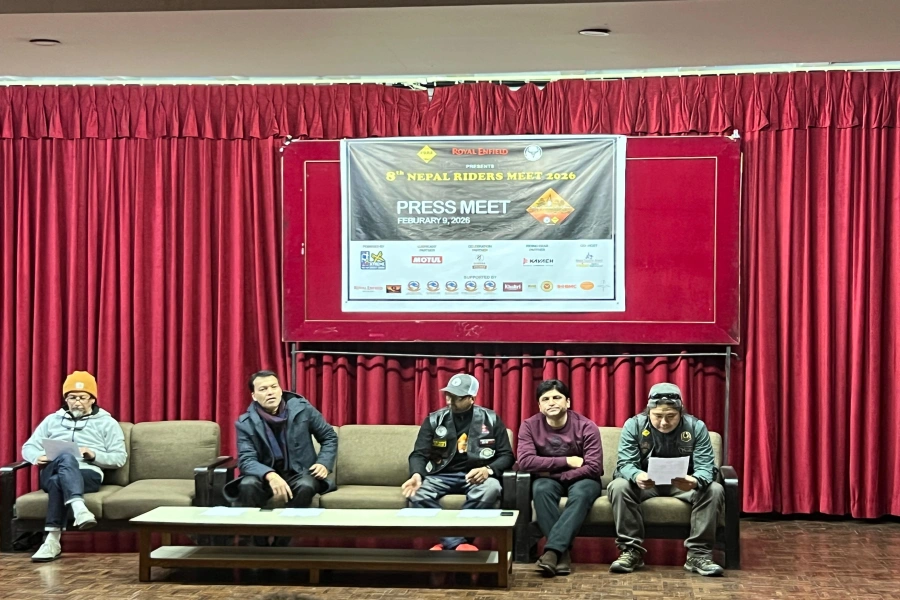
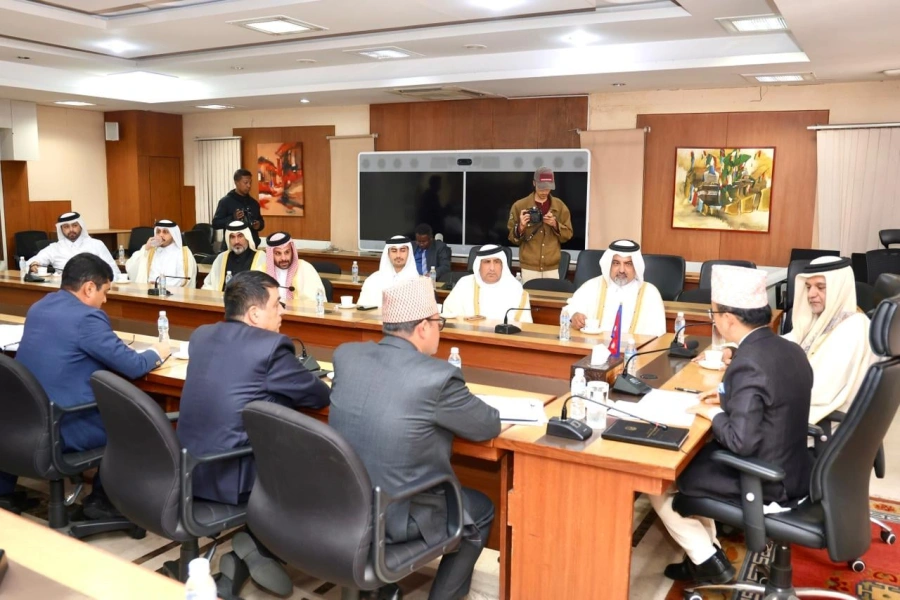
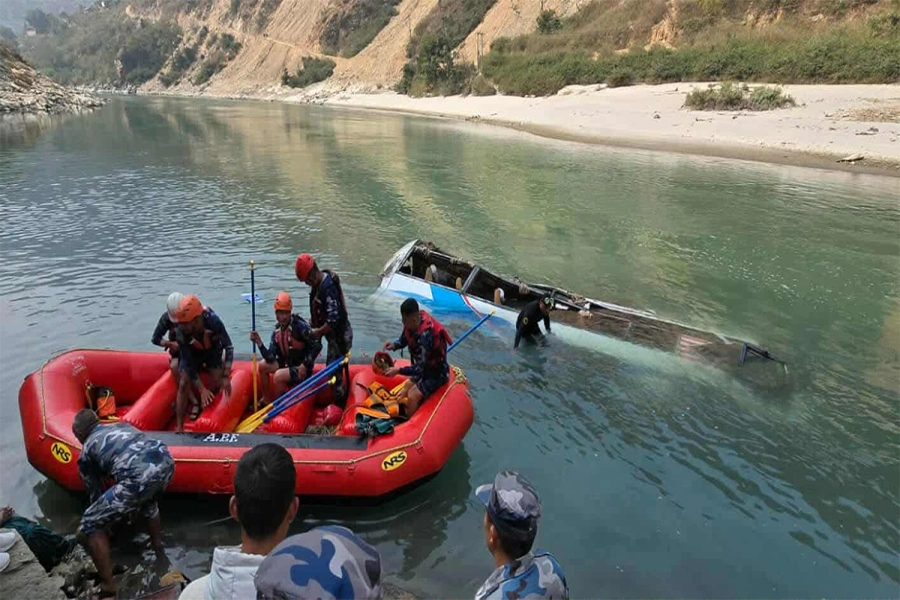
_20211211131547.jpg)







